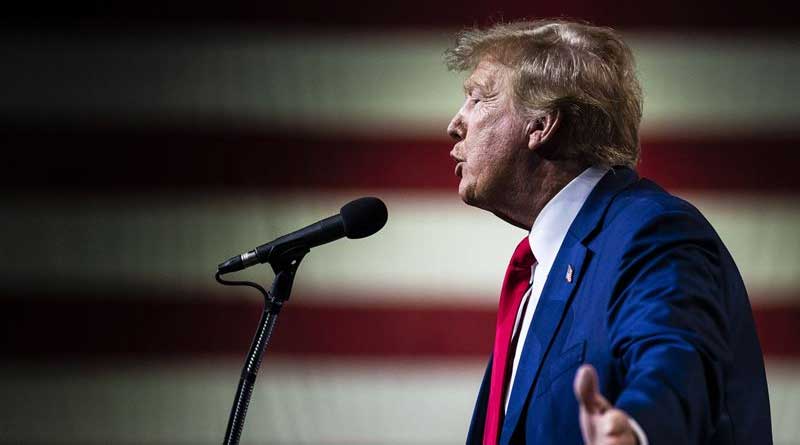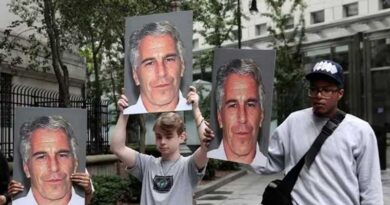Trump barred from Colorado ballot by Supreme Court citing Constitution’s insurrection clause.
At a campaign rally on Saturday, Dec. 16, 2023, in Durham, N.H., Former President Donald Trump addressed the crowd. On Tuesday, Dec. 19, the Colorado Supreme Court ruled Trump ineligible for the White House under the U.S. Constitution’s insurrection clause, removing him from the state’s presidential primary ballot.
This decision, by justices appointed by Democratic governors, sets the stage for a potential showdown in the nation’s highest court to determine if the GOP front-runner can stay in the race. Notably, it marks the first-ever use of Section 3 of the 14th Amendment to disqualify a presidential candidate in history.
In a 4-3 decision, the court majority declares Trump ineligible for the presidency under Section 3 of the 14th Amendment. Overturning a district court ruling, the Colorado Supreme Court rejects the argument that Trump incited the Jan. 6, 2021, Capitol attack but could still be on the ballot due to unclear provisions regarding the presidency.
The court’s decision is stayed until Jan. 4 or until the U.S. Supreme Court weighs in on the case. The majority emphasizes the gravity of their conclusions, acknowledging the weight of the issues at hand and their solemn duty to impartially apply the law, irrespective of public sentiment.
Trump’s legal team vows to swiftly appeal any disqualification to the nation’s highest court, which holds ultimate authority on constitutional matters. The campaign is formulating a response to the recent ruling.
Although Trump didn’t rely on Colorado for his 2020 victory, the risk lies in potential cascading effects if more courts follow suit, excluding him from crucial states. Colorado officials stress the need for resolution by Jan. 5, the deadline for printing presidential primary ballots.
Nationally, numerous lawsuits seek to disqualify Trump under Section 3, historically applied to prevent former Confederates from re-entering government post-Civil War.
The provision, invoked sparingly, bars individuals engaged in insurrection. The Colorado case marks the first success for the plaintiffs. In November, District Judge Sarah B. Wallace found Trump culpable of inciting the Jan. 6 Capitol attack, and her ruling, which preserved his ballot eligibility, rested on technical grounds.
Trump’s legal team successfully persuaded Judge Wallace that Section 3’s language, focusing on officers of the United States swearing to support the Constitution, excludes the president.
They highlighted the president’s distinct position, not explicitly named in the provision, with an oath to preserve, protect, and defend the Constitution.
However, the state’s highest court disagreed, supporting arguments from attorneys representing six Colorado voters. They contended it would be illogical for the framers, concerned about former Confederates returning to power, to exclude them from lower offices but not the highest one.
Attorney Jason Murray emphasized the inconsistency, questioning the idea that a rebel couldn’t be a county sheriff but could become the president, during December’s court proceedings.




